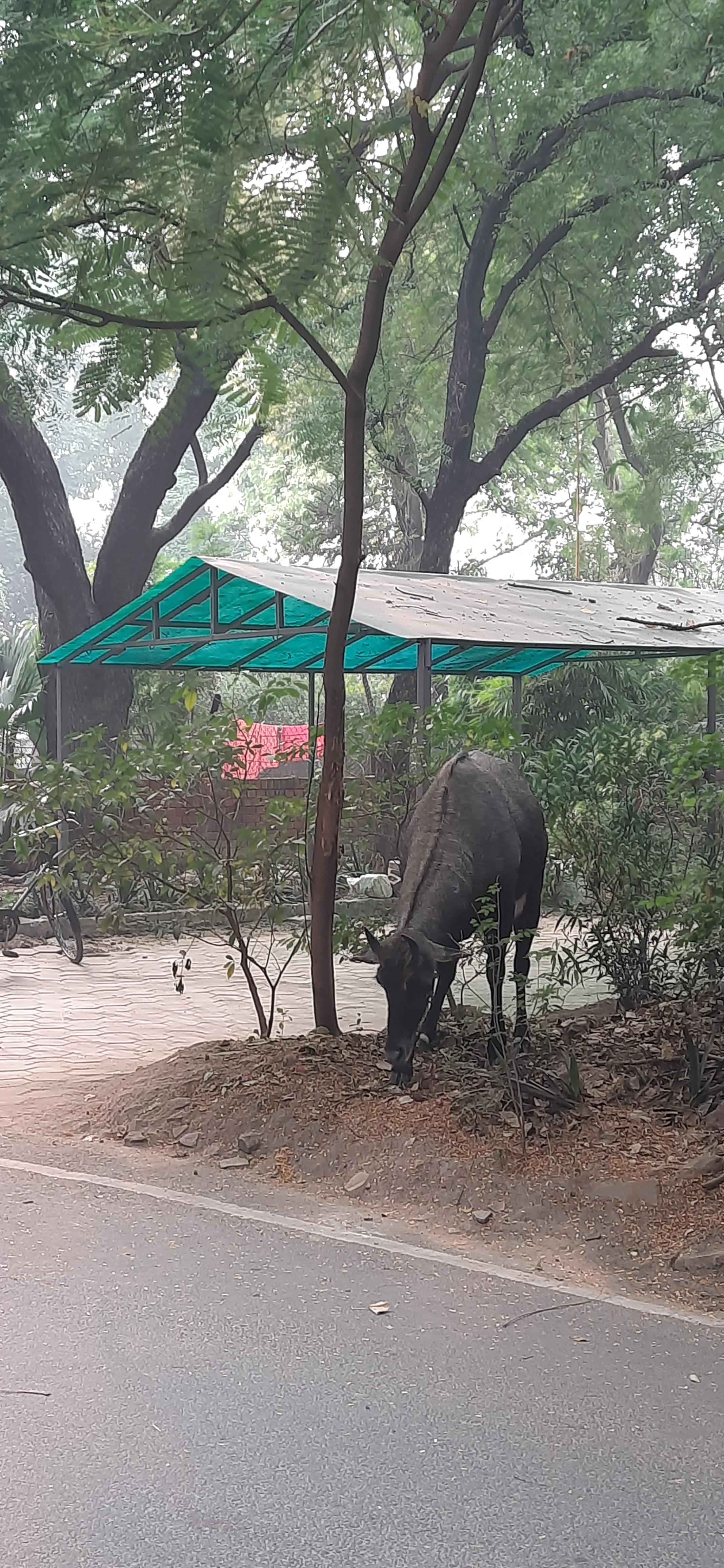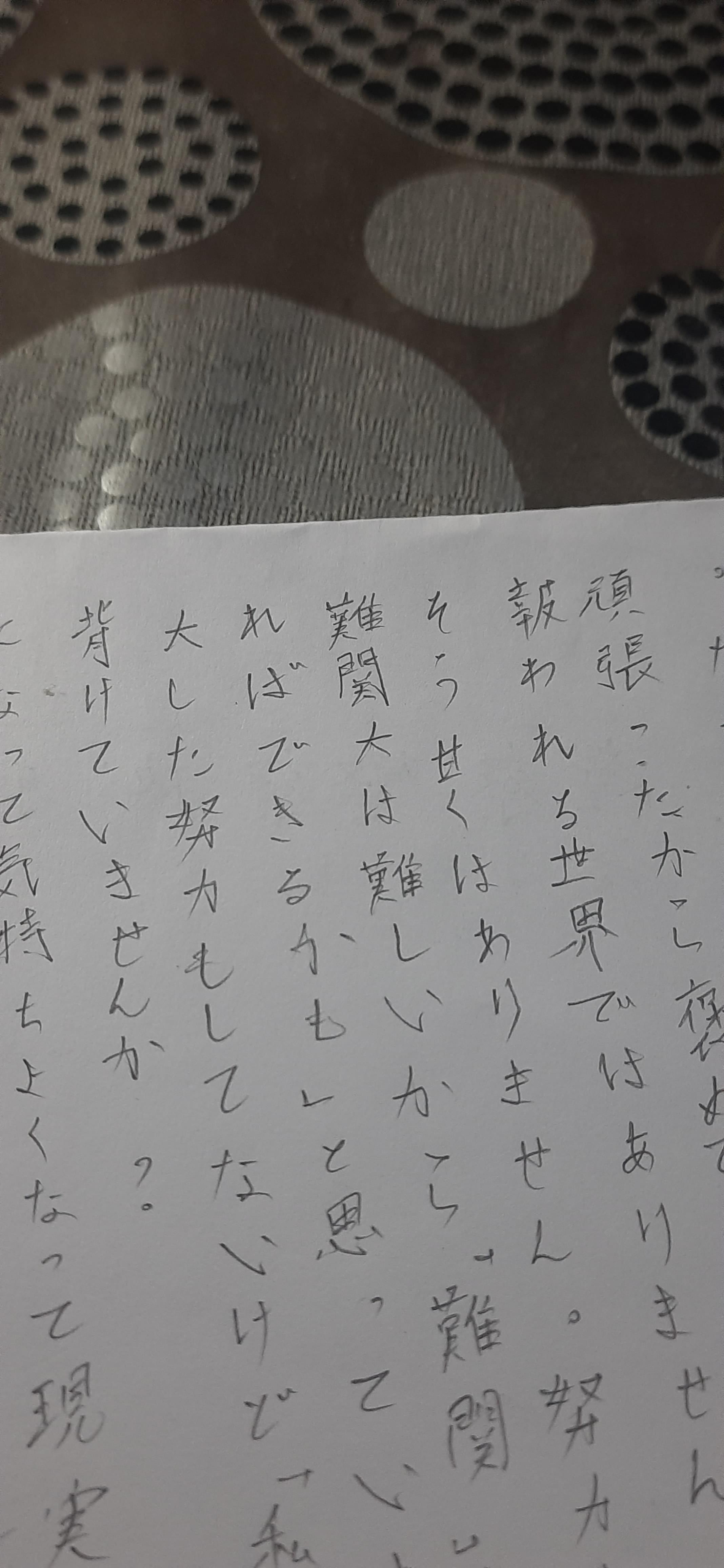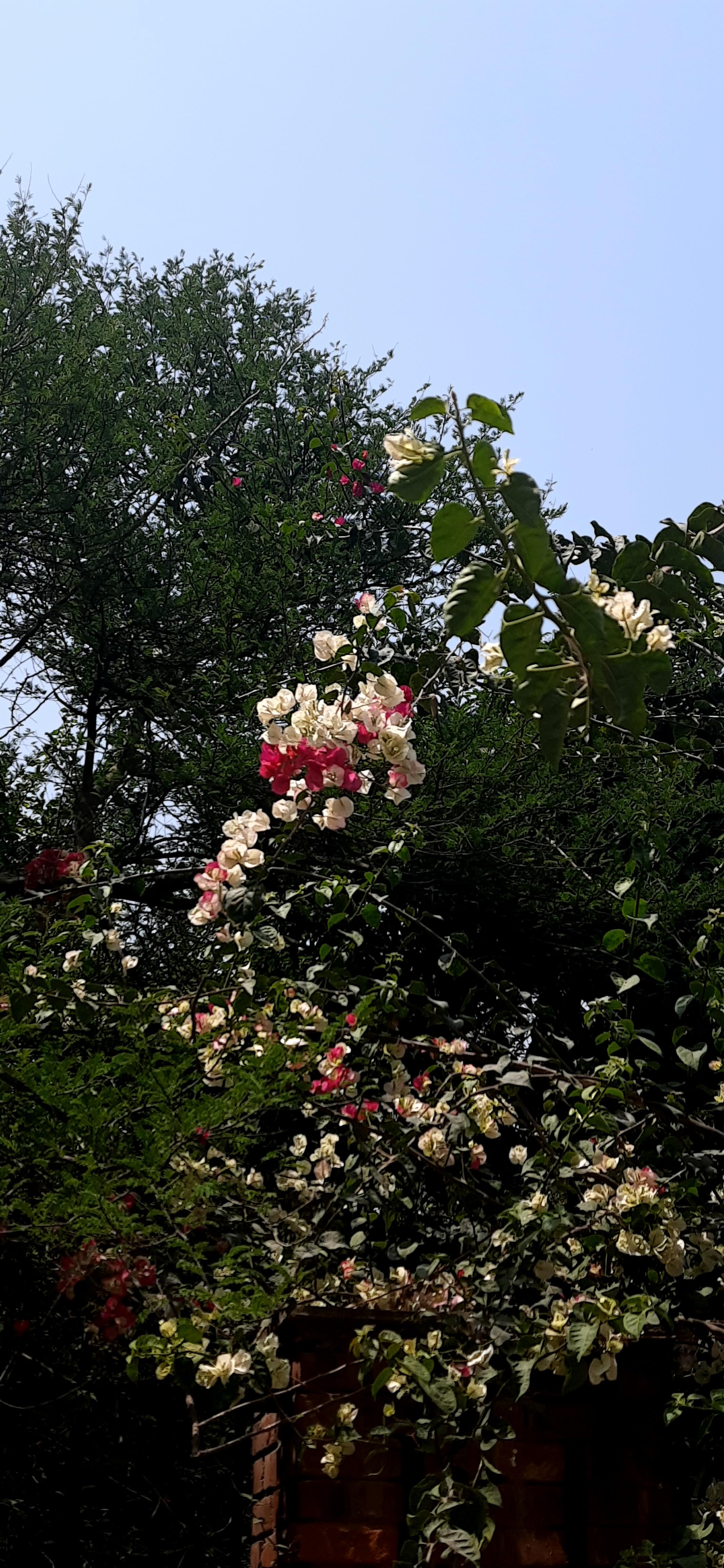What Students Say
Likes
- Great faculty, amazing Japanese scope. Scholarships given by JNU are top notch, including the prestigious MEXT scholarship
- You are here to become employable and the good teachers will help you get there.
- Spectacular campus, and I'm saying this as an ex-BHU student. Lots and lots of opportunities to recharge your brain. Y
Dislikes
- Extremely competitive environment, gets toxic at times.
- Right wing political influence decides who gets appointed as teacher. ABVP hooliganism is rampant at times.
Course Curriculum Overview
Literature is only effectively talked about in 2nd year, poetry is not touched upon until 3rd year. Japanese folk tales begin in 2nd year until you are able to understand longers stories and also able to express your impressions in Japanese. Grammar is worked upon and you also learn to flout the rules that are meant to be flouted in the long run. Kaiwa (conversation) classes focus on fluency, pronunciation, accuracy, and propriety. There is a tad bit of a lack regarding how much the teachers encourage content outside of textbooks, but it's there. Presentations are definitely used. Periodic tests take place to keep you on your toes but it may get overwhelming after a point, at which point you need to take a break before joining the grind again.
Placement Experience
Great placements to Oracle, Amazon, Accenture and such. Around 9 people from BA-3 and MA-2 got Accenture job this year. 14 Lakh package is probably the highest, keep in mind you barely spend anything on the fee and the income return is very big in comparison.
Fees and Financial Aid
The tuition fee is negligible, barely 130 or so per semester. MCM merit cum means a scholarship is available for those who need it. Shinnyoen scholarship is also available. Study in Japan scholarships are hard to get but still are very much available in JNU compared to other institutions. These include Heiwa Nakajima Scholarship, Osaka University scholarships (varies year to year) and the ministry scholarship (MEXT). Master's students get TUFS scholarship, and Maple amongst others. Job placements are great, assuming you have at least JLPT N3. N2 is even better and N1 is great. Of course, your interview proficiency also matters.
Campus Life
Club activities are very less but you get many, many movie screenings. It's more study centric so there's not much extracurricular. Drama and nukkad natak is there. Political debates are common. Badminton, music and dance is there but it really depends on your company.
Admission
Very difficult but only because I was in P2 category. Cutoffs soar, Japanese is hard to get. JNU provides deprivation points, only institution to give those. If you study for 1-2 months it's very possible to get in, provided you really want to do it. JNUEE is no longer administered, now you have CUET UG, so only General Test and English, no Japan relevant test.
Faculty
Extremely helpful and qualified professors, at least most of them. Some of them have double master's, and almost all of them have studied extensively in Japan. Literature is respected and we are taught how to appreciate them.













![Jamia Millia Islamia University-[JMI]](https://image-static.collegedunia.com/public/college_data/images/logos/1491558776logo.jpg?h=72&w=72&mode=stretch)

![University of Hyderabad - [UOH]](https://image-static.collegedunia.com/public/college_data/images/logos/15090869991480683061uohimage.jpg?h=72&w=72&mode=stretch)
![Hansraj College - [HRC]](https://image-static.collegedunia.com/public/college_data/images/logos/1491982583logo..png?h=72&w=72&mode=stretch)
![Delhi Technological University - [DTU]](https://image-static.collegedunia.com/public/college_data/images/logos/1437567677logo.jpg?h=72&w=72&mode=stretch)
![Central University of Haryana - [CUH]](https://image-static.collegedunia.com/public/college_data/images/logos/1503918693uv25521.jpg?h=72&w=72&mode=stretch)

![Ambedkar University Delhi - [AUD]](https://image-static.collegedunia.com/public/college_data/images/logos/1420869990dr. ambedker.jpg?h=72&w=72&mode=stretch)
![Guru Gobind Singh Indraprastha University - [GGSIPU]](https://image-static.collegedunia.com/public/college_data/images/logos/1464869465LOGO.png?h=72&w=72&mode=stretch)
![Delhi University - [DU]](https://image-static.collegedunia.com/public/college_data/images/logos/1491817267UniversityofDelhi.png?h=72&w=72&mode=stretch)



Comments